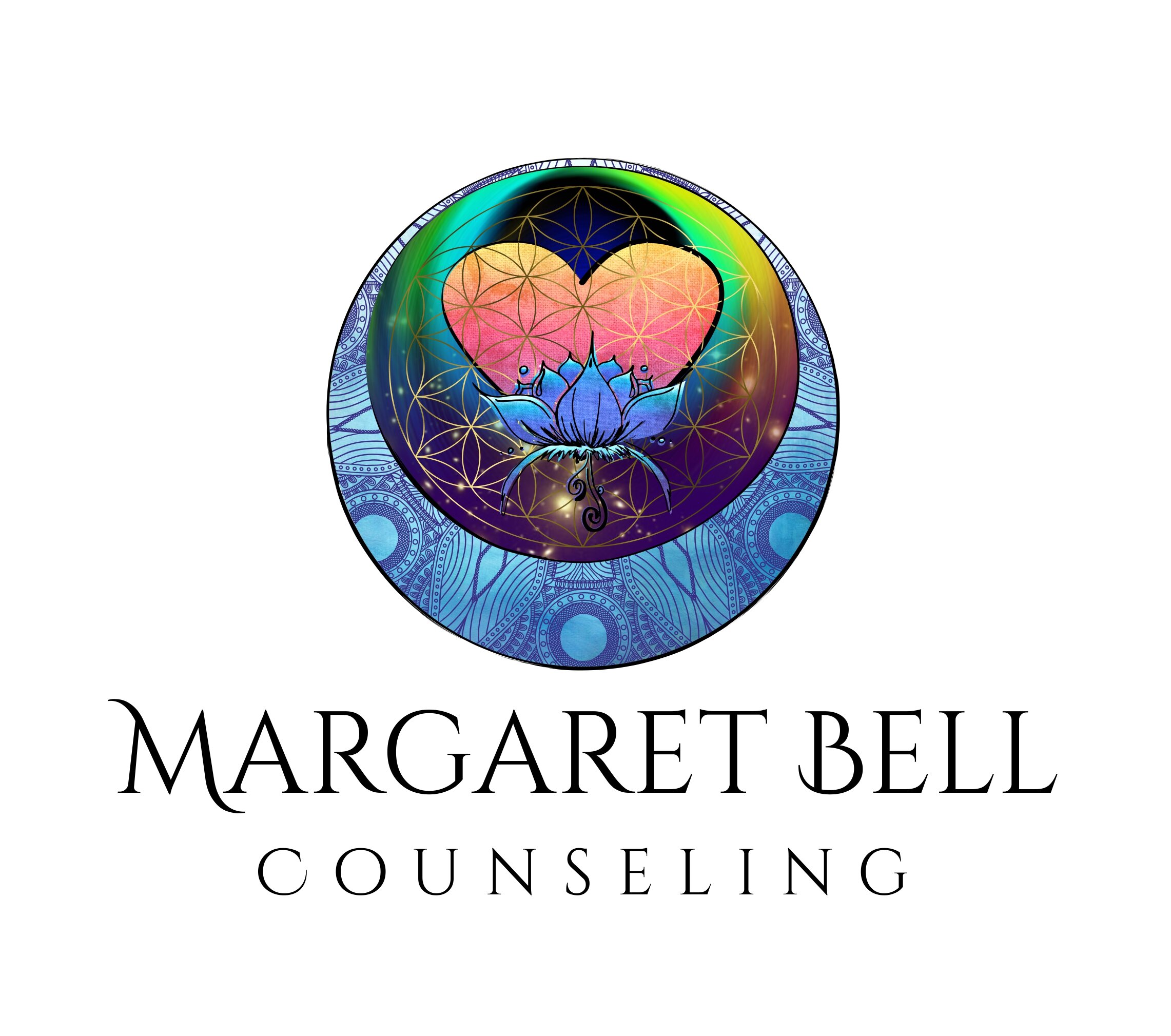The empath and the narcissist
Empaths and narcissists attract to each other like a moths to a flame. They are toxic together. Just like the moth to the flame, if it gets to close it gets burned. Often is the case with narcissists and empaths.
How do you know if you are a narcissist or an empath ( I have a feeling if you are reading this you are an empath)?
A narcissist is someone who
According the DSM 5 (the Diagnostic and Statistic Manual, used for mental health diagnosis) a narcissist must display 5 out of the follow 9 characteristics:
A grandiose sense of self-importance
Preoccupation with fantasies of unlimited success, power, brilliance, beauty, or ideal love
Belief that one is special and can only be understood by or associate with special people or institutions
A need for excessive admiration
A sense of entitlement (to special treatment)
Exploitation of others
A lack of empathy
Envy of others or the belief that one is the object of envy
Arrogant, haughty behavior or attitudes
Narcissists can be charming. They can seem empathic. It’s because they are great at getting their needs met. This doesn’t reflect on the empath as a person. Empath sees the best in people. Narcissists have years of experiencing in knowing how to get their needs met through others.
An Empath is someone who:
According to Judith Orloff is:
Highly sensitive
Absorb others’ emotions
Are often introverted
Highly intuitive
Need alone time
Targeted by energy vampires
Relish themselves in nature
Highly tuned senses
Big hearts that give too much
It makes sense that these two types of people would be drawn to one another. One who thrives off of attention and one who openly gives attention. Empaths are wonderful at knowing someone else’s needs before the person does. This often fuels the narcissist’s inflated sense of self. The narcissist becomes dependent on the empath’s ability to tend and meet their needs. Sadly this wears down the empath, as the narcissist, like an energy vampire drains the empath.
Often times when an empath and narcissist are involved with each other, the narcissist will gas light the empath to create dependency of the empath on the narcissist. Gas lighting is when someone manipulates the other person to doubt their own sanity and mental functioning. Often times this happens with one person swears they said or did something and other person denies it. Often making the person feel guilt.
What to do if you are in love with a narcissist
As charming as narcissists are, and as hopefully as the empath can be. Reality is what is currently going on. We often fall into the trap of how wonderful things were or how wonderful will know things are going to be. Facts are, things are not wonderful now. You are unhappy. You are drained. Something needs to change. You are the one who decides how you are going to change the situation. The only thing we have control over is ourselves. You get to decide how you respond, what you do and say, how you react. This is your power. In this you meet your feelings exactly where they are, sad, angry, shameful, guilty, regret, remorse, whatever feelings arise, they are here to guide you to the next step. You can stay in these feelings or listen to their messages. What does each feeling want you to know? What needs to be said or done?
Some experts will say you need at least 2 weeks with no contact, when leaving a relationship with a narcissist. This allows you to get back to yourself. To clear your mind. To reset.
If nothing else, take time to reflect, what keeps you with your narcissist? Why do you stay? What needs are getting met? What keeps you from leaving? Can you live like this if nothing changes? What can you change?
Healing from a relationship with a narcissist takes time. You have endured a great deal. Often at the end, the empath is left with low self worth, feelings of regret and shame. As well as, grief over the end of a relationship. Because the relationship did have its positives.
Photo by Content Pixie on Unsplash
Start healing
Be gentle with yourself.
Feel what feelings arise. Lean into them. Listen to them.
Start to find your voice again. Start with those you feel most comfortable with. Share your opinion. Share your stories. Share your passions.
Find your power again. Start to establish healthy boundaries. You don’t have to stay yes. You decide what works for you and what doesn’t.
Do activities that nurture your soul. Create art. Write. Dance. Move.
Reach out to friends and family.
Get out into nature.
Be present with yourself.






